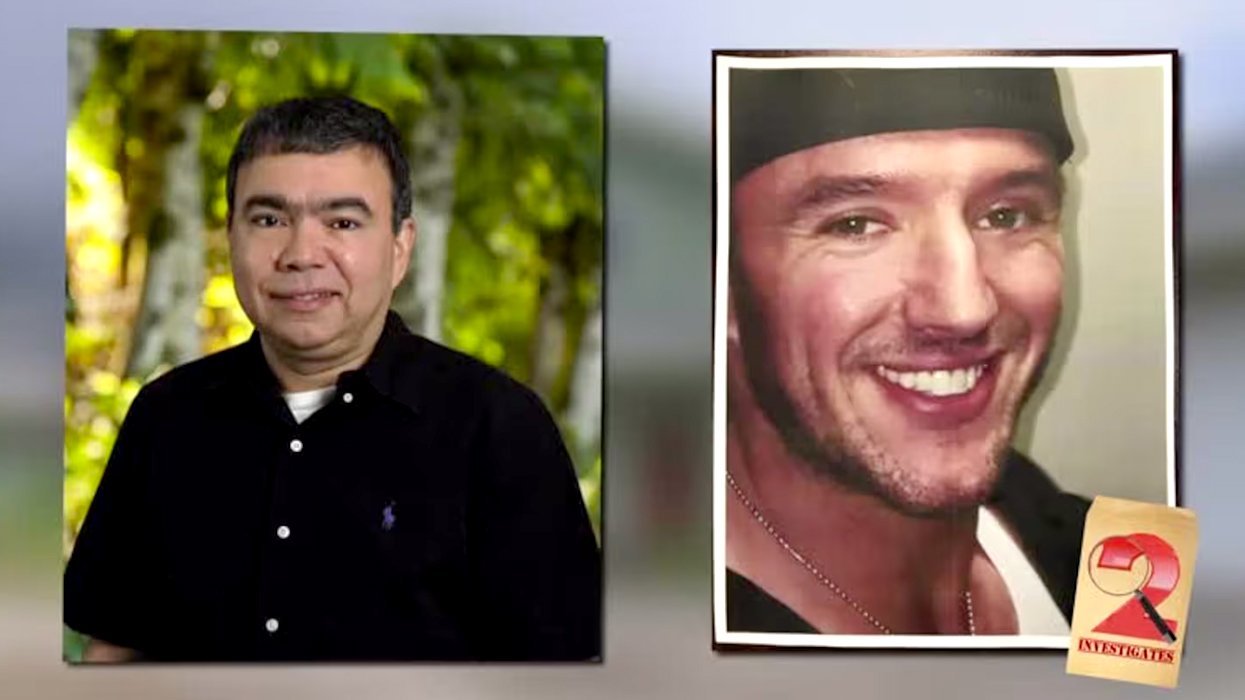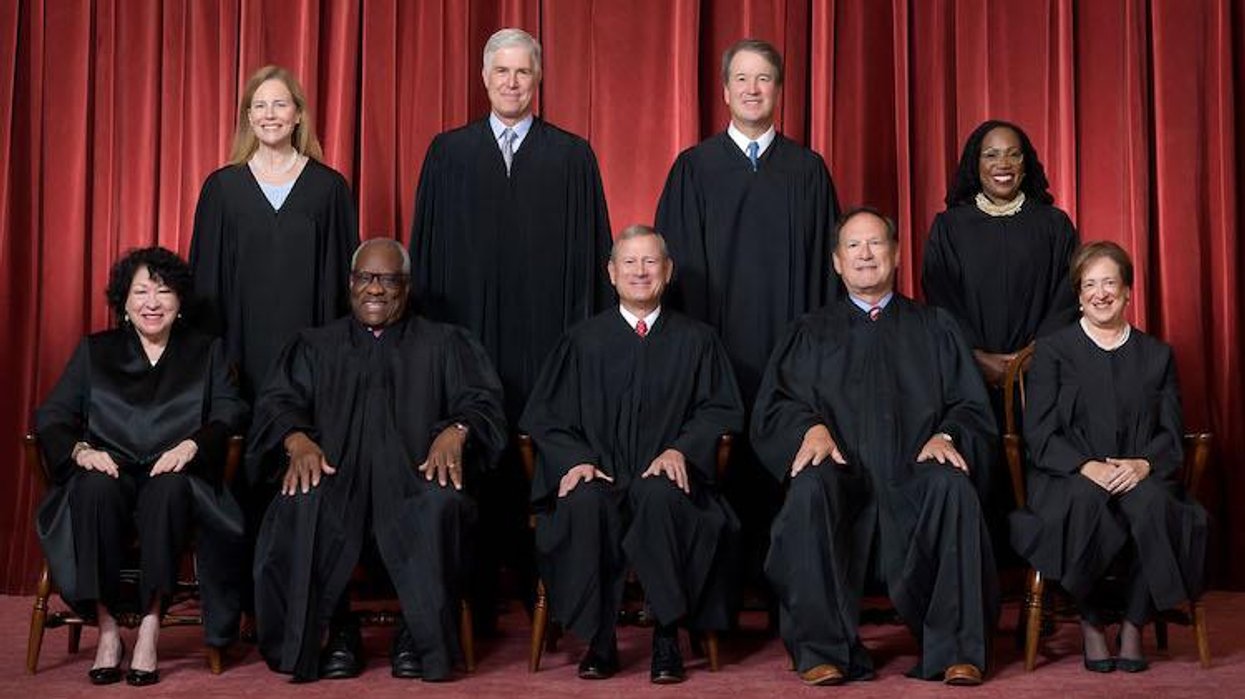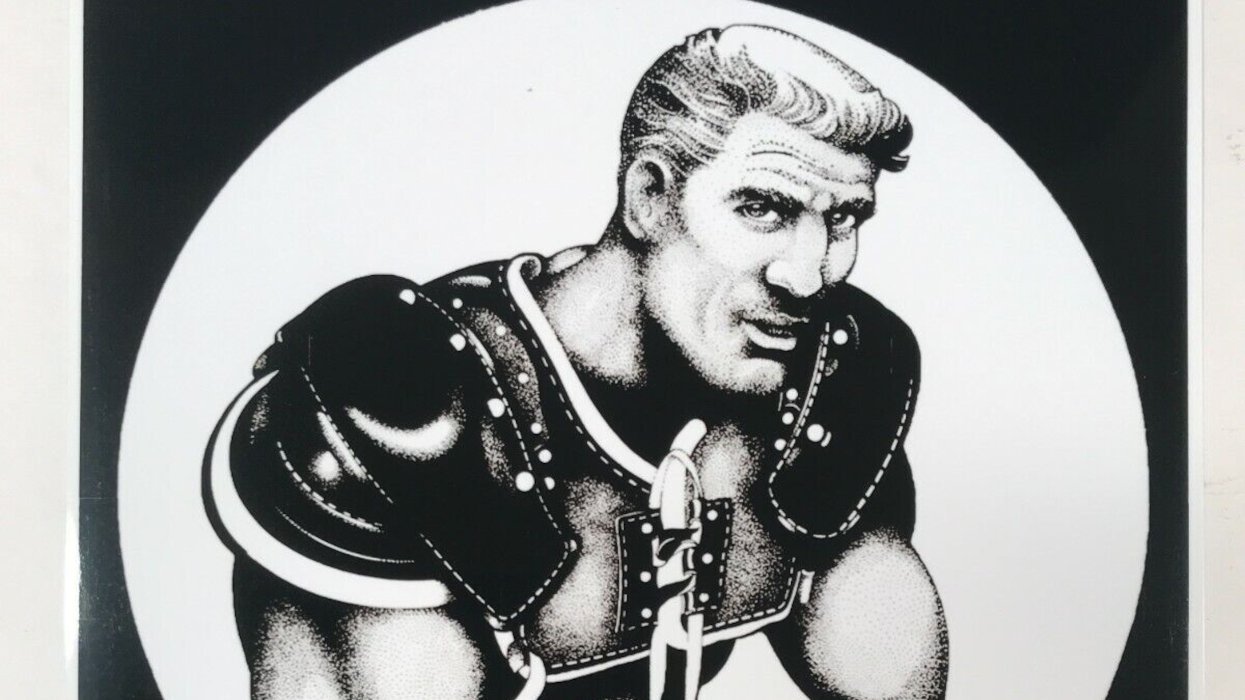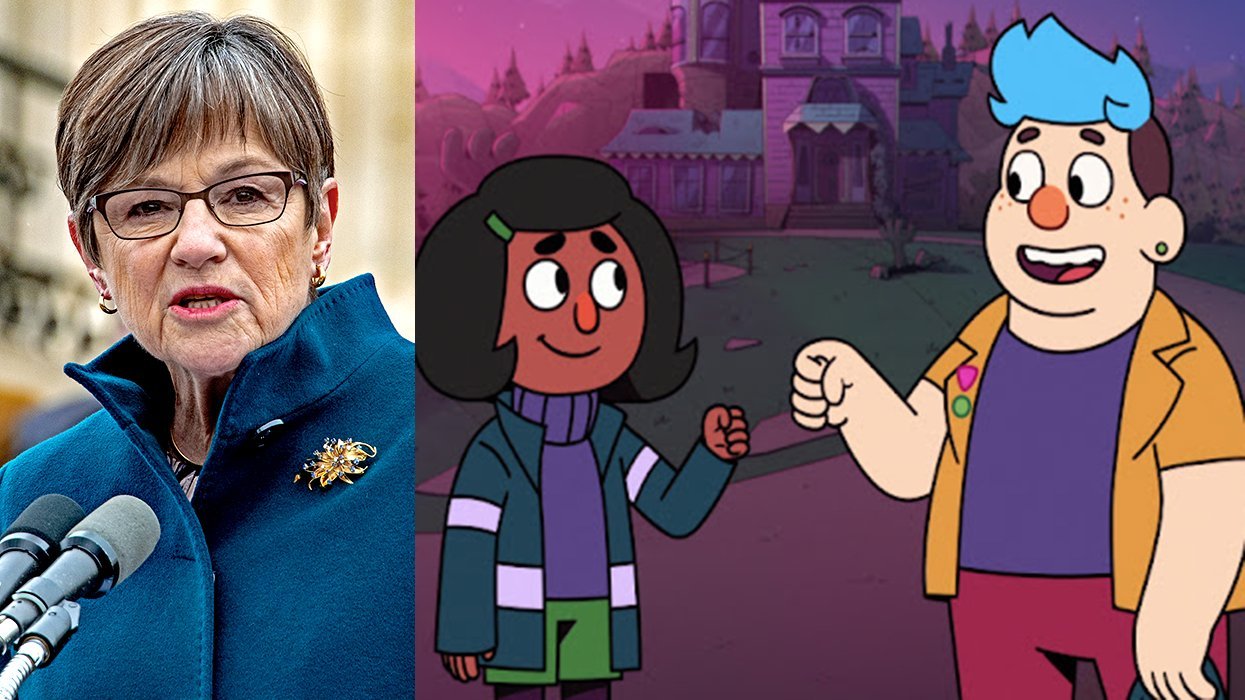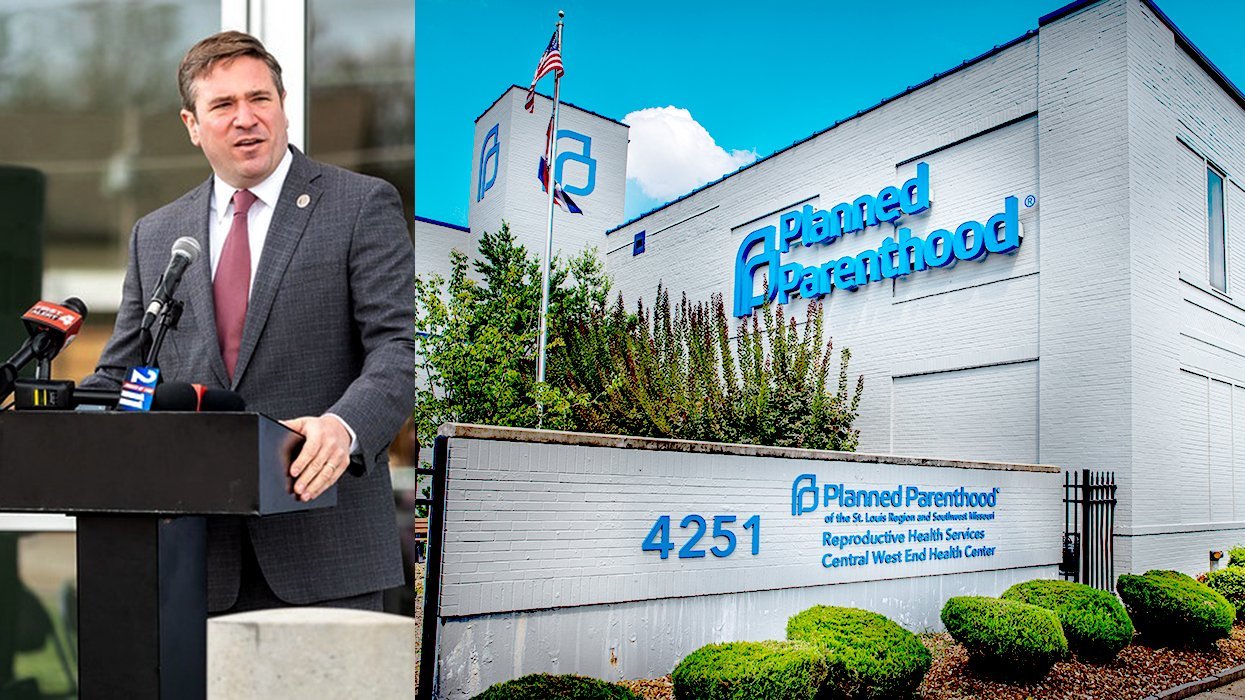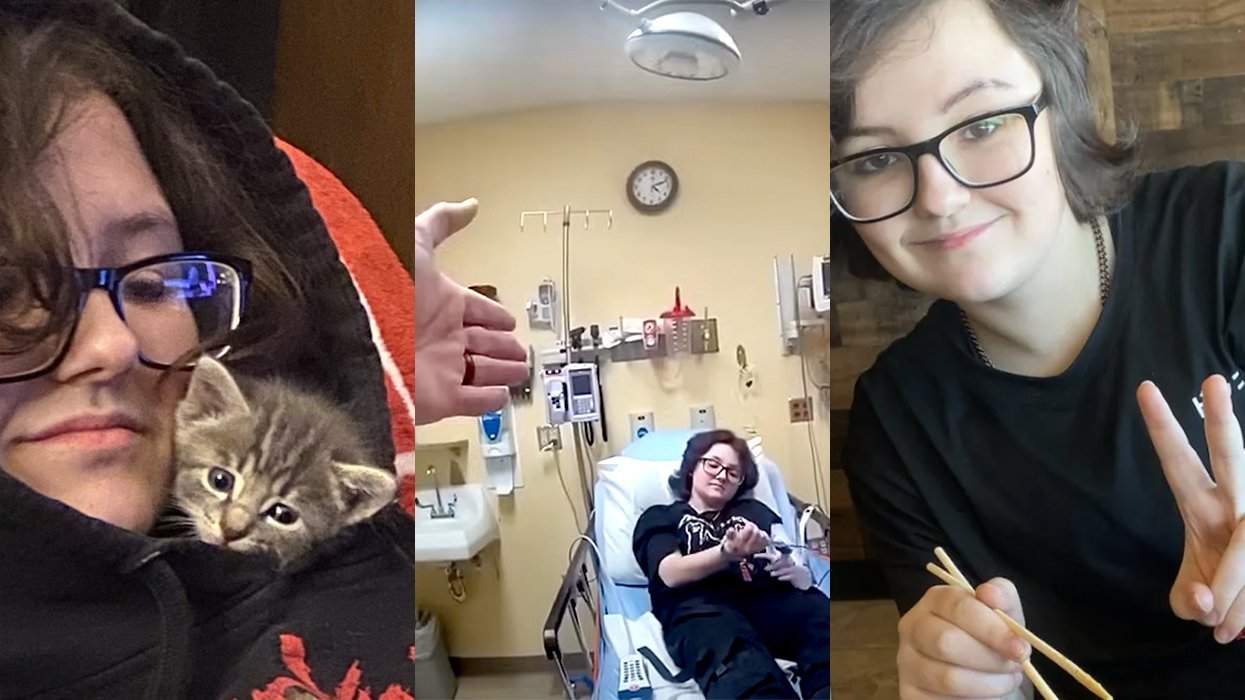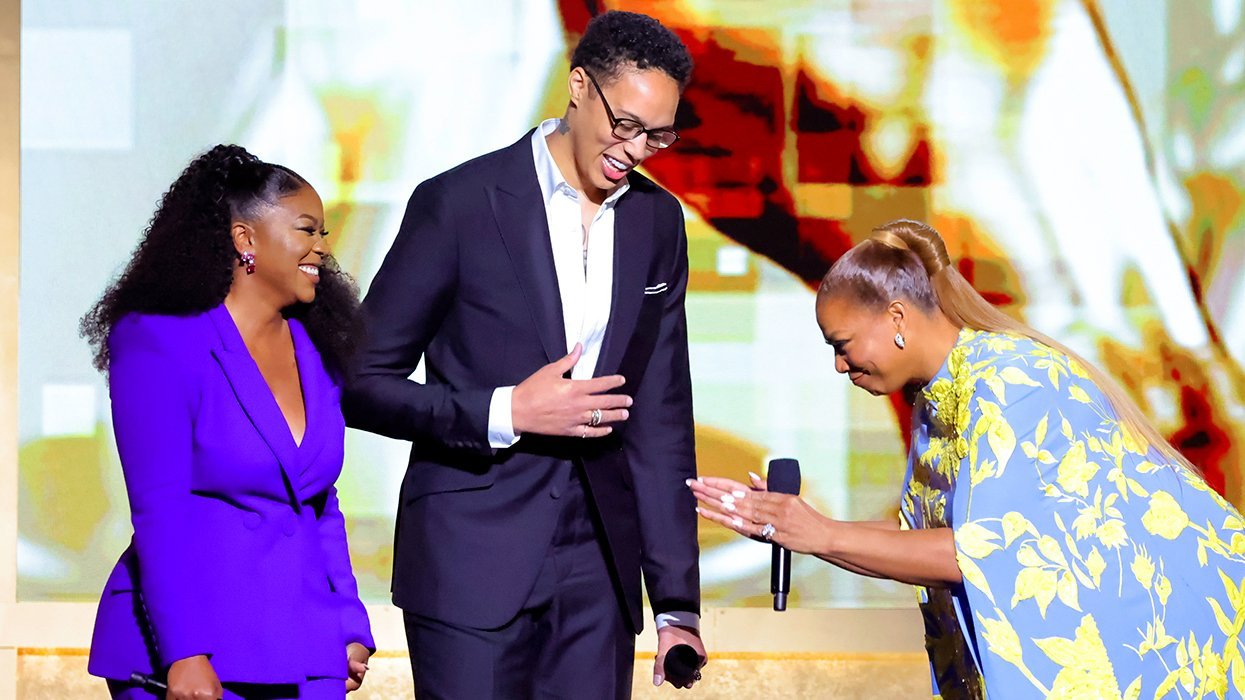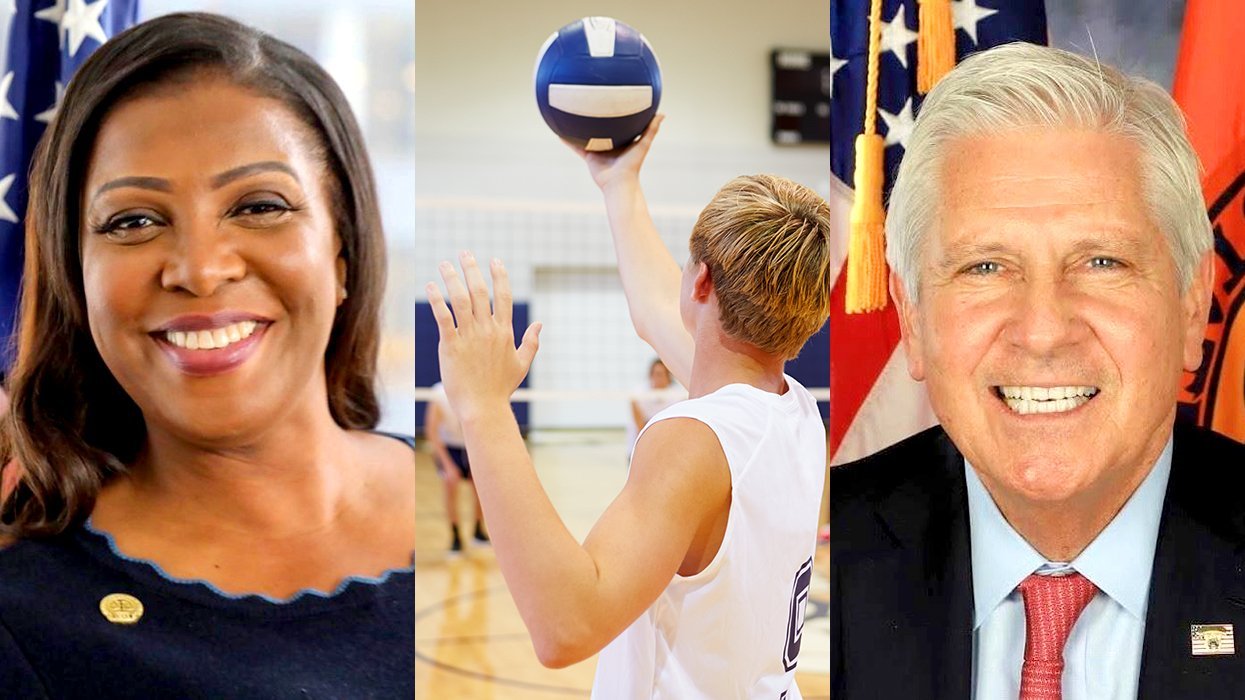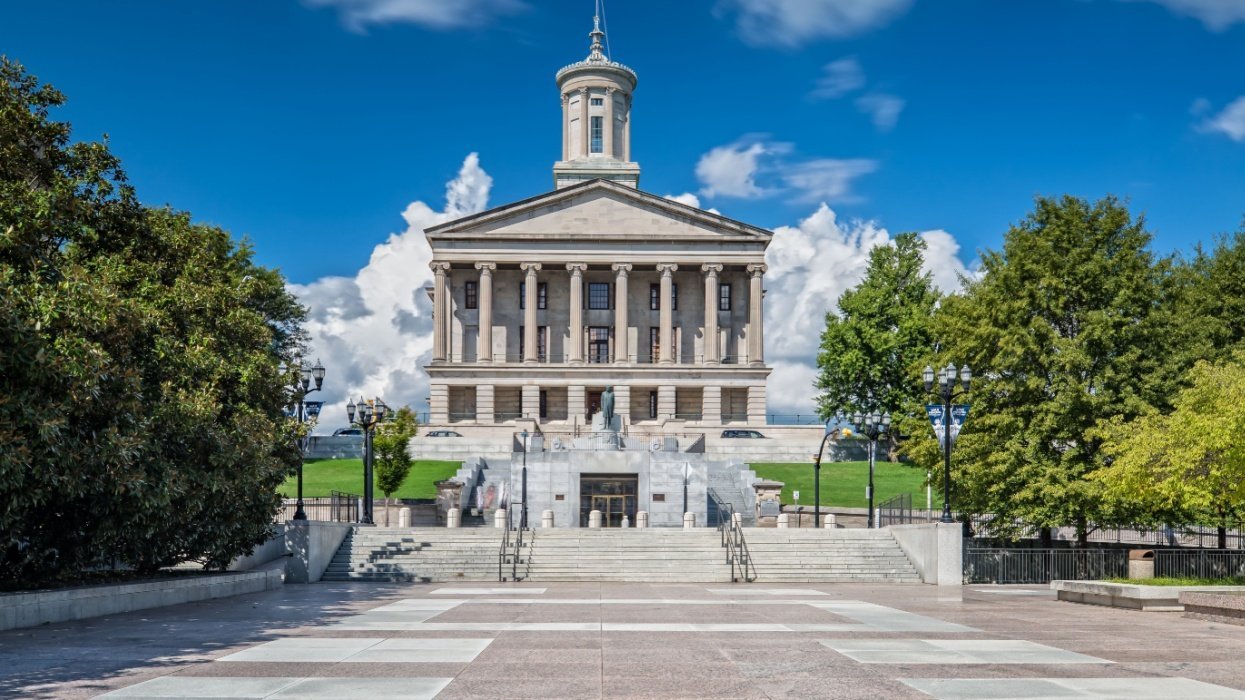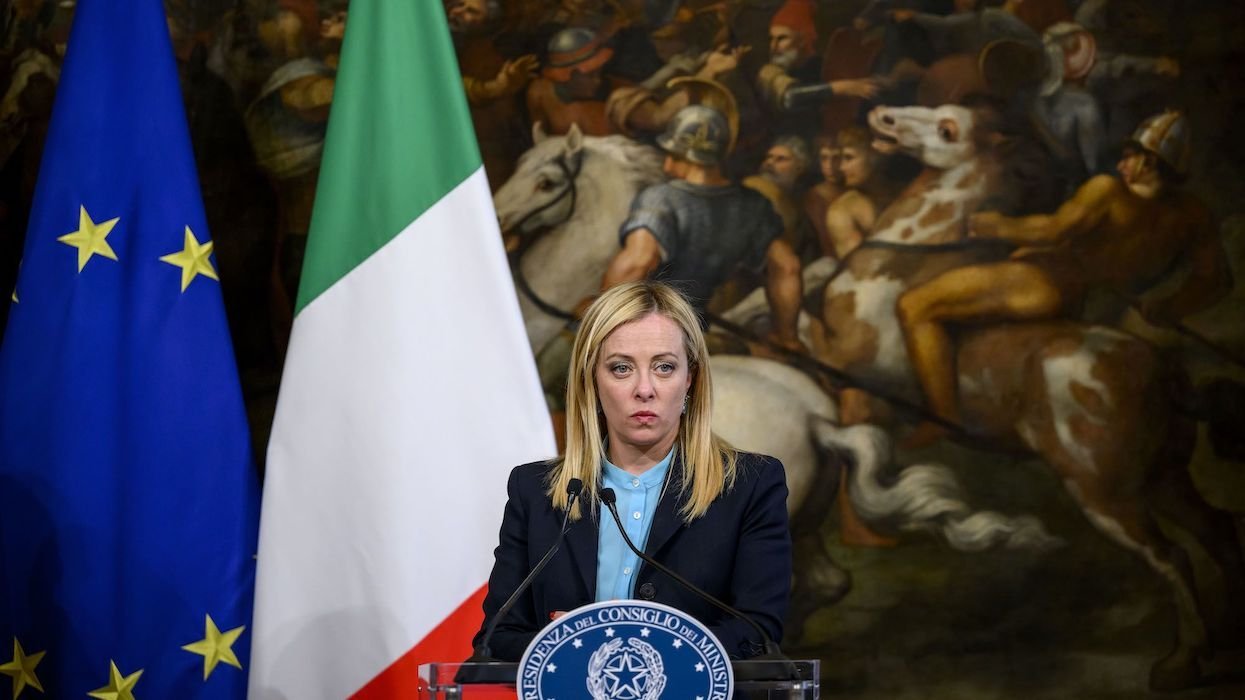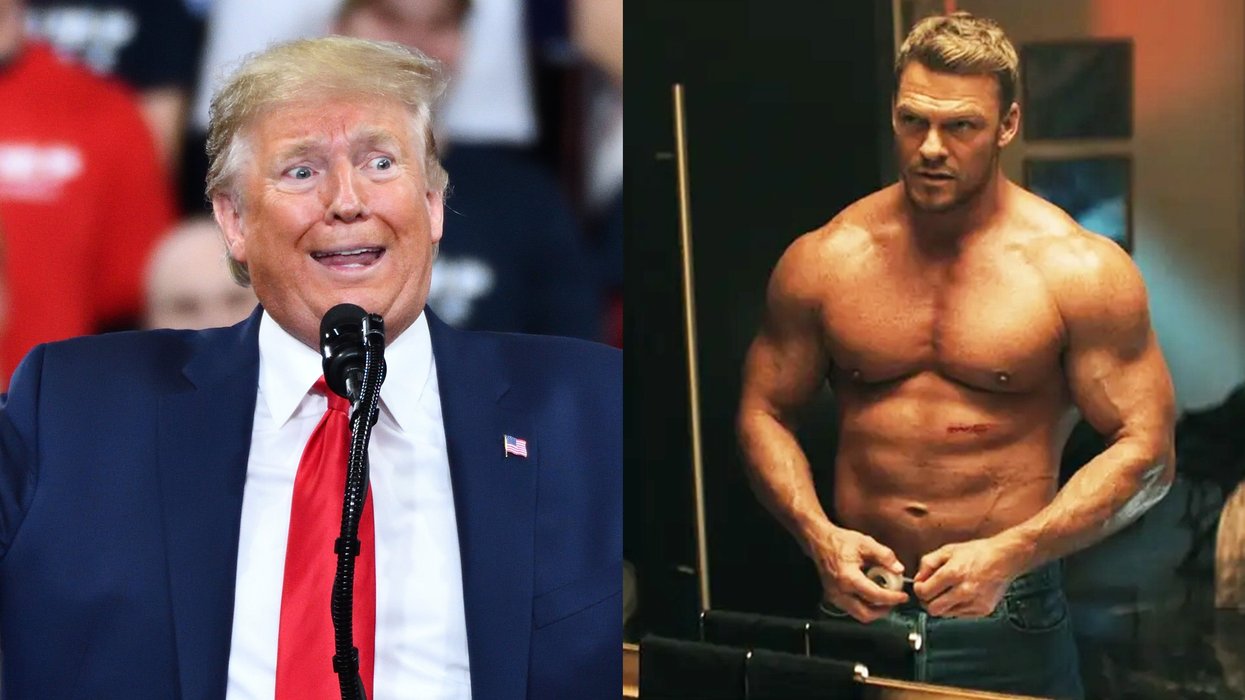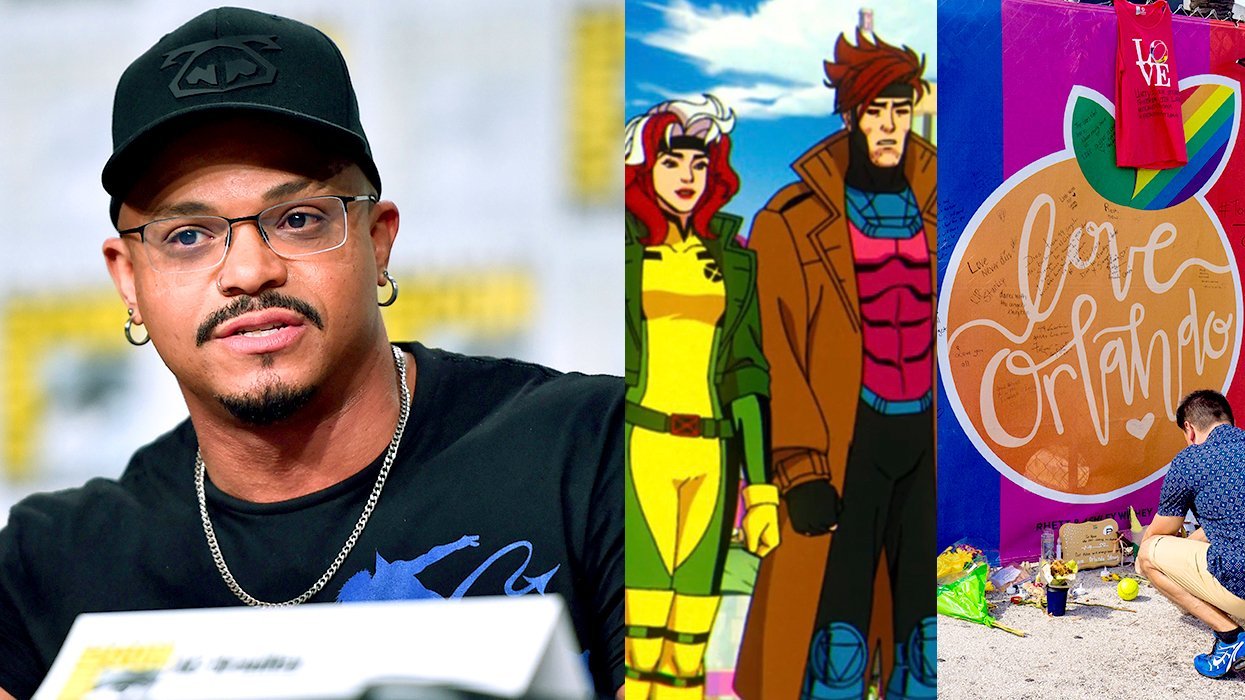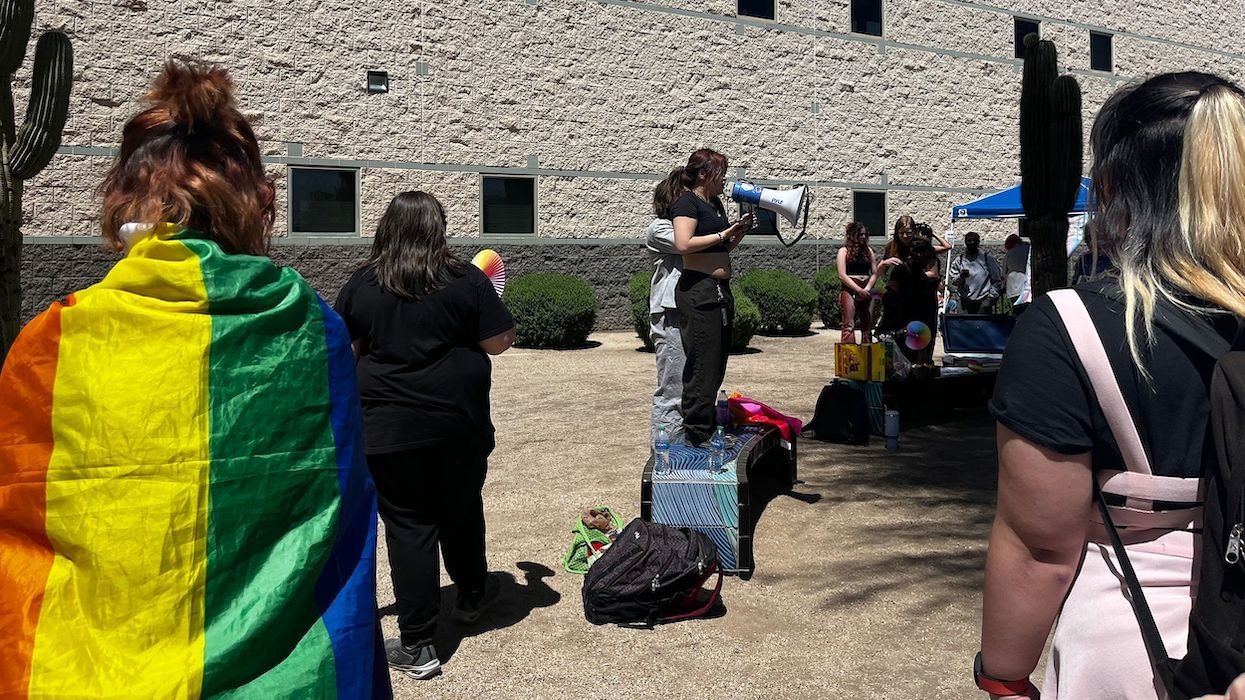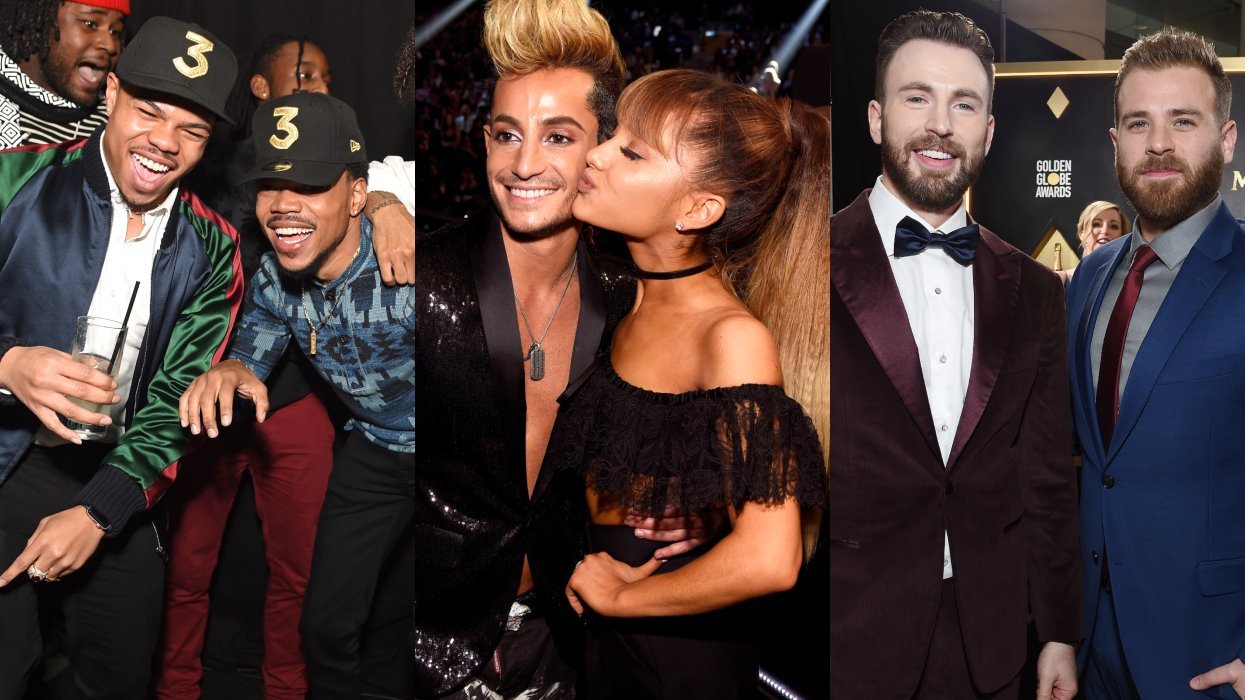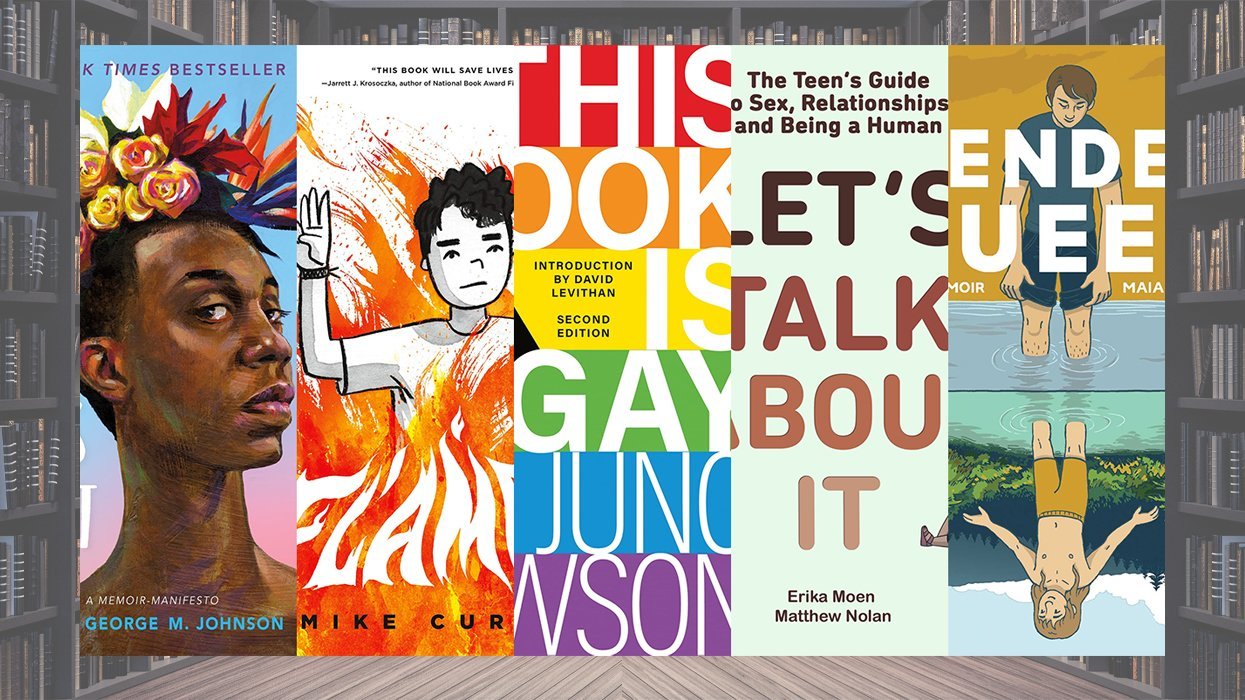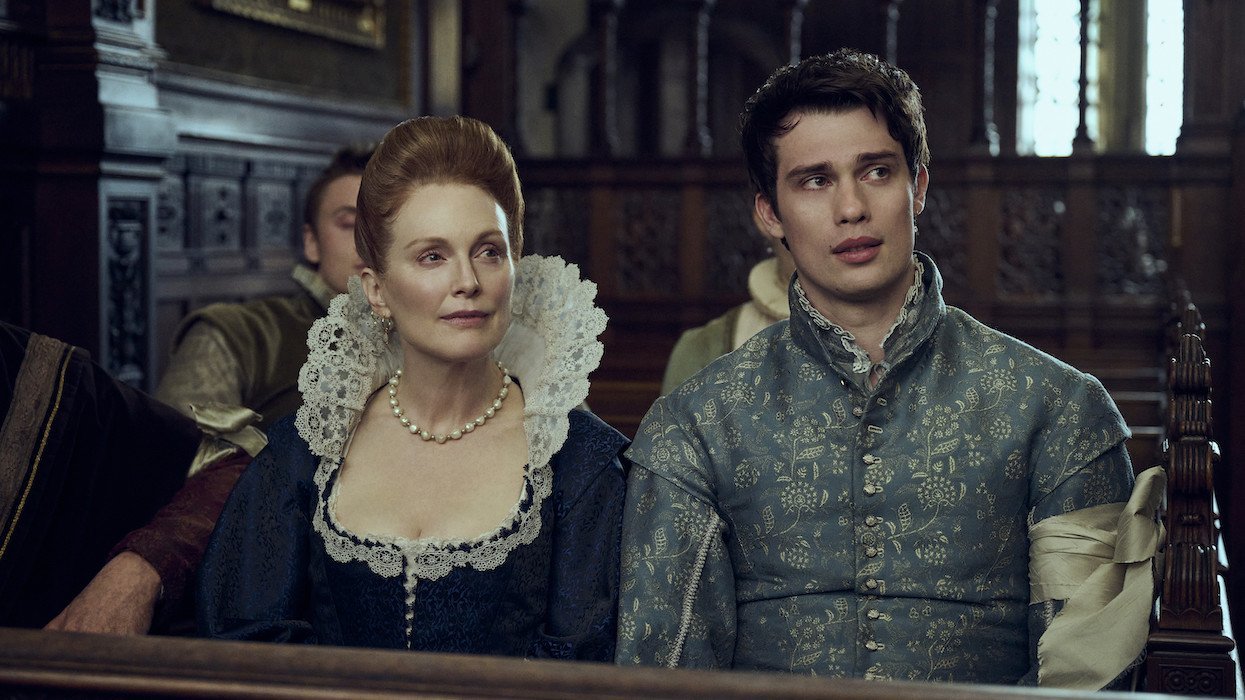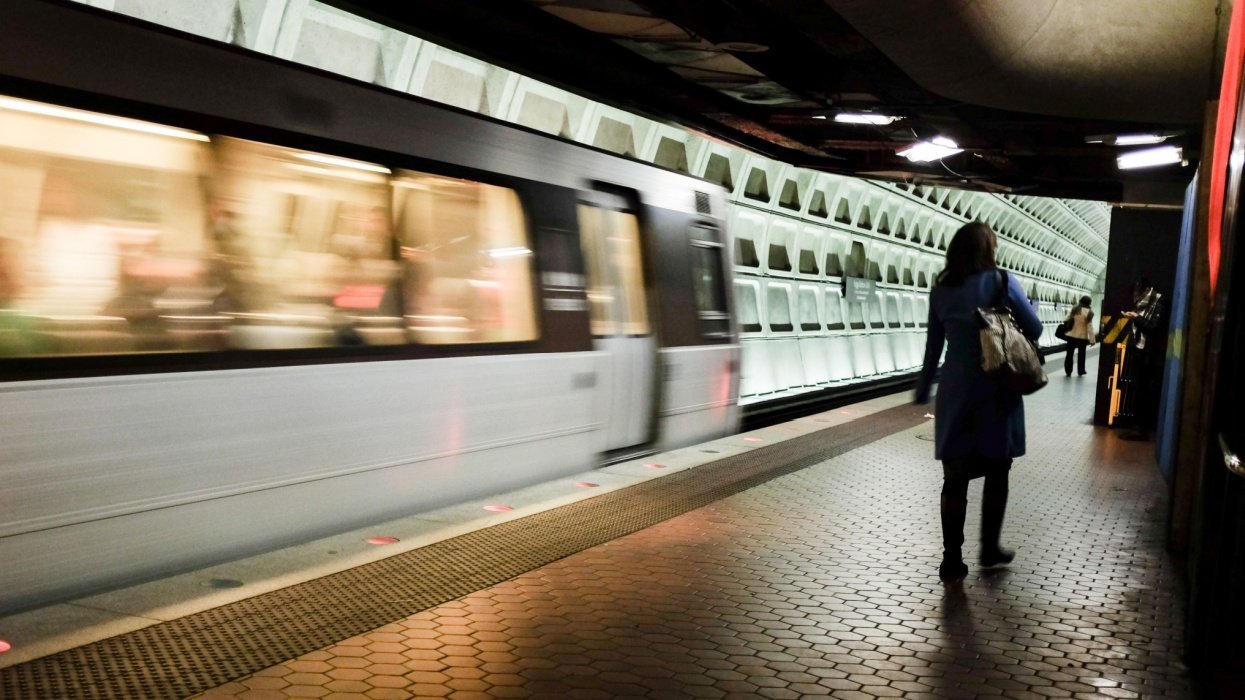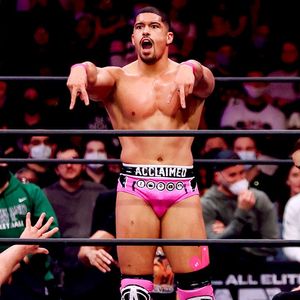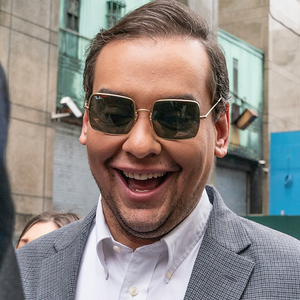Rudy Giuliani
contested charges that he is a national security novice
whose experience started and ended on September 11, 2001,
insisting Saturday that no other presidential
candidate has a longer resume to deal with violence
and terrorism. In a wide-ranging interview with the
Associated Press, the former New York City mayor said he
gets -- and even takes -- too much credit for reducing
crime in his city. He also dismissed suggestions that
his Republican presidential campaign is stalled. ''I
think we are very relevant,'' he said during a 15-minute
interview. ''We are challenging in more states than anybody
else.''
Giuliani's rare
and brief visit to Iowa came as he refocused his campaign
message on the 9/11 attacks -- a shift brought by a slippage
in national polls and an attempt to capitalize on the
current turmoil in Pakistan. While he still leads in
many states that hold primaries in late January and
February, Giuliani is struggling for attention and support
in early voting states that matter now, starting with
Iowa on Thursday and New Hampshire on January 8.
From the start of
his unconventional campaign, the moderate Republican
has faced two questions: How does he connect with socially
conservative voters because of his past positions
supporting gay and abortion rights? And how does he
run on his management of the 9/11 terrorist attacks
without looking exploitive?
The rise of
former Arkansas governor Mike Huckabee in Iowa has
complicated Giuliani's task on the first front. Now his
Republican rivals are trying to undercut his
terrorism-fighting image.
Sen. John McCain
of Arizona, experiencing a late surge in the
early-voting state of New Hampshire, questioned whether
Giuliani's performance after 9/11, which he always
praises, translates into foreign policy experience.
''It has very
little to do with national security issues,'' McCain said.
''It has a lot to do with handling a post-crisis.''
McCain noted this
week that Giuliani has not visited Iraq, though, as a
senator, McCain has access to government-sponsored trips
that a private citizen does not.
''I think John is
leaving out the rest of my career,'' Giuliani told the
AP. ''But I had a long and in many ways accomplished career
-- so accomplished that John McCain praised me many
times for what I did before September 11.''
In one of three
campaign stops Saturday, Giuliani asked a group crammed
inside his central Iowa campaign headquarters to understand
that his days as a federal prosecutor and
crime-fighting mayor count for something too.
''I had the
responsibility, more than the other candidates, of having
the safety and security of people on my shoulders,''
he said.
Later, he ticked
off items in his resume involving ''safety and
security'' including: serving on an anti-terrorism panel in
the 1970s; prosecuting Mafia leaders; negotiating with
governments on criminal matters from his post at the
Justice Department; and helping New York plan against
potential terrorist attacks at the turn of the millennium.
''I think,
actually, if you look at my experience I had more experience
than any one in this area of safety, security -- of dealing
with violence and terrorism,'' he told the AP.
In the same
interview, Giuliani acknowledged that it is a mild
exaggeration to suggest, as he often does, that he reduced
crime in New York, cleaned up Times Square, and
lowered the city's unemployment rate.
''You get more
credit for success than you're probably entitled to and
more blame for failure than you should get,'' he said.
''That's just a nature of leadership.''
''Maybe if I say
'I reduced crime,' it sounds like I'm saying I did it
myself. I know I didn't do it myself. If you read my book, I
explain in great detail that this was a team effort,''
he said. ''Part of being a leader is knowing how to
get the contributions from many people to achieve a
singular result.''
Soon after
explaining the distinction between fact and hyperbole,
Giuliani crossed the line again.
''But the reality
is, I was elected to reduce crime in New York City,''
he said, ''and I did. So in that sense it was a singular
achievement. If I hadn't reduced crime in New York
City, I would have failed in the objective for which
people elected me.''
So the reduced
crime was all his doing? ''Of course, it wasn't,'' he
replied.
''It was me as
mayor of New York City,'' he said, with the help of
police, volunteers, and related initiatives such as welfare
reduction.
''So it would be
an exaggeration to say or even to suggest that I reduced
crime all by myself,'' Giuliani concluded. ''It would also
be an exaggeration to say the reduction of crime was
just a by-product of my being there.'' (Ron Fournier,
AP)













